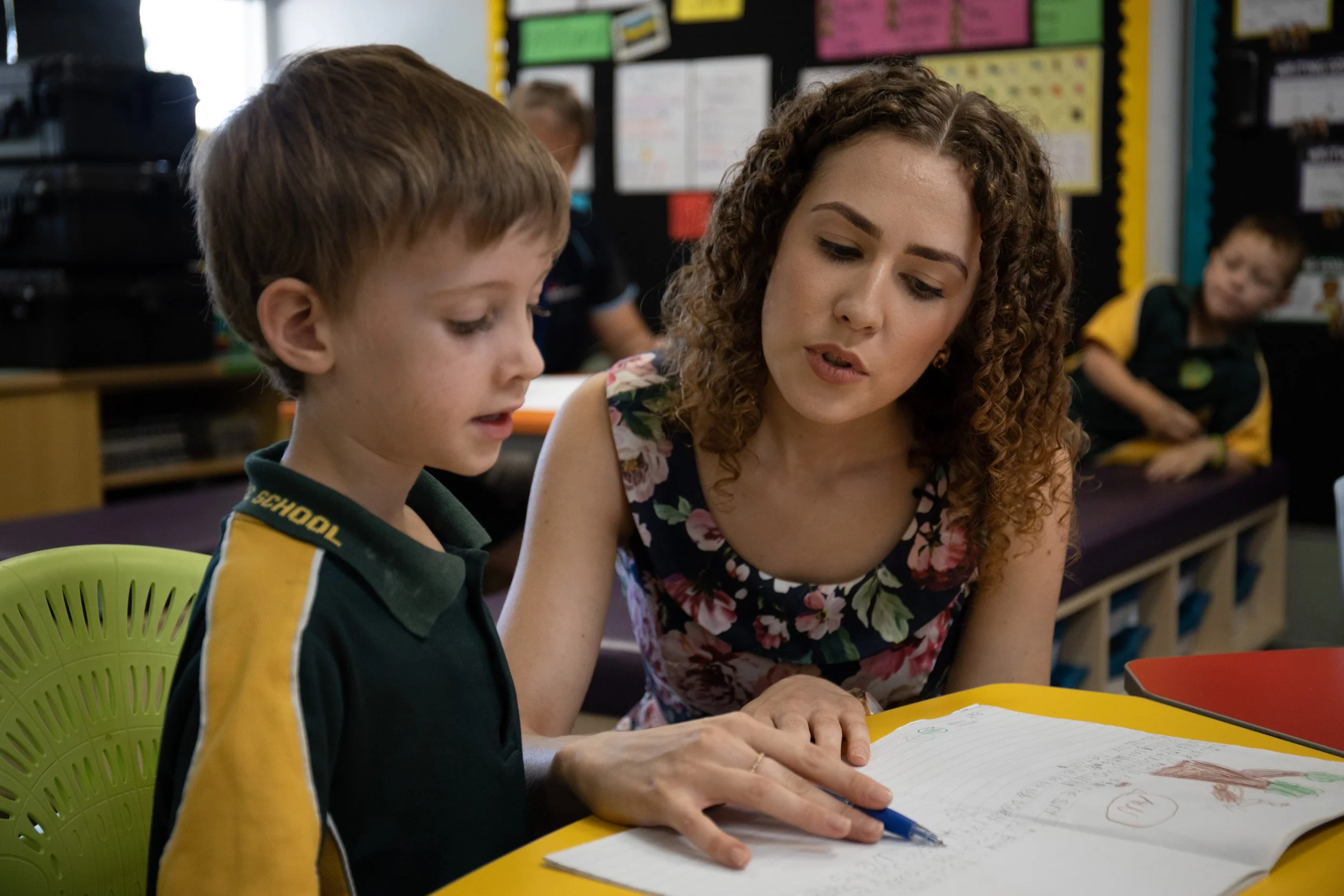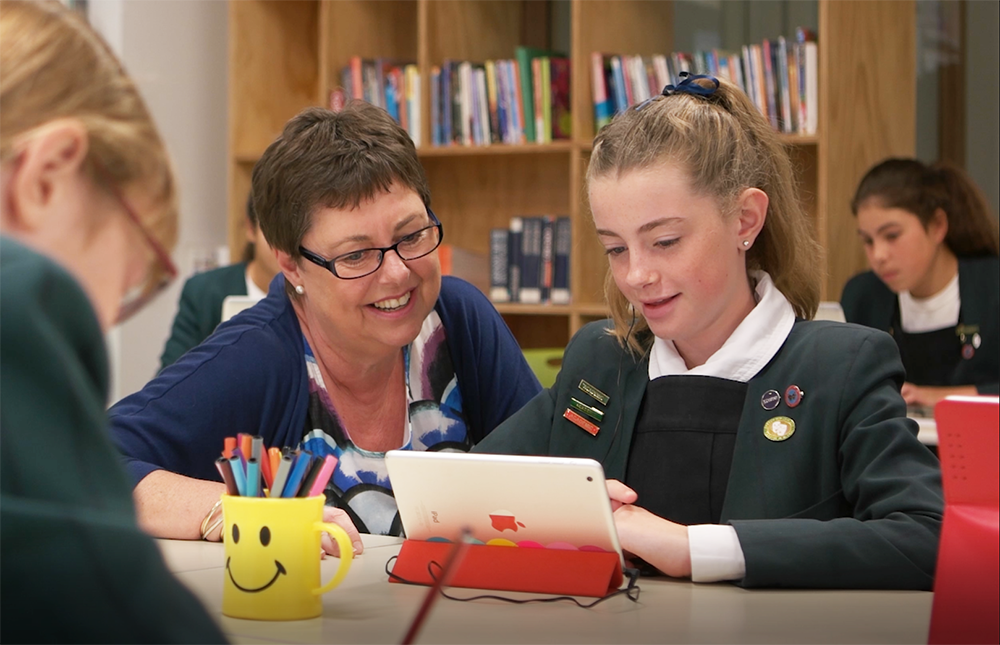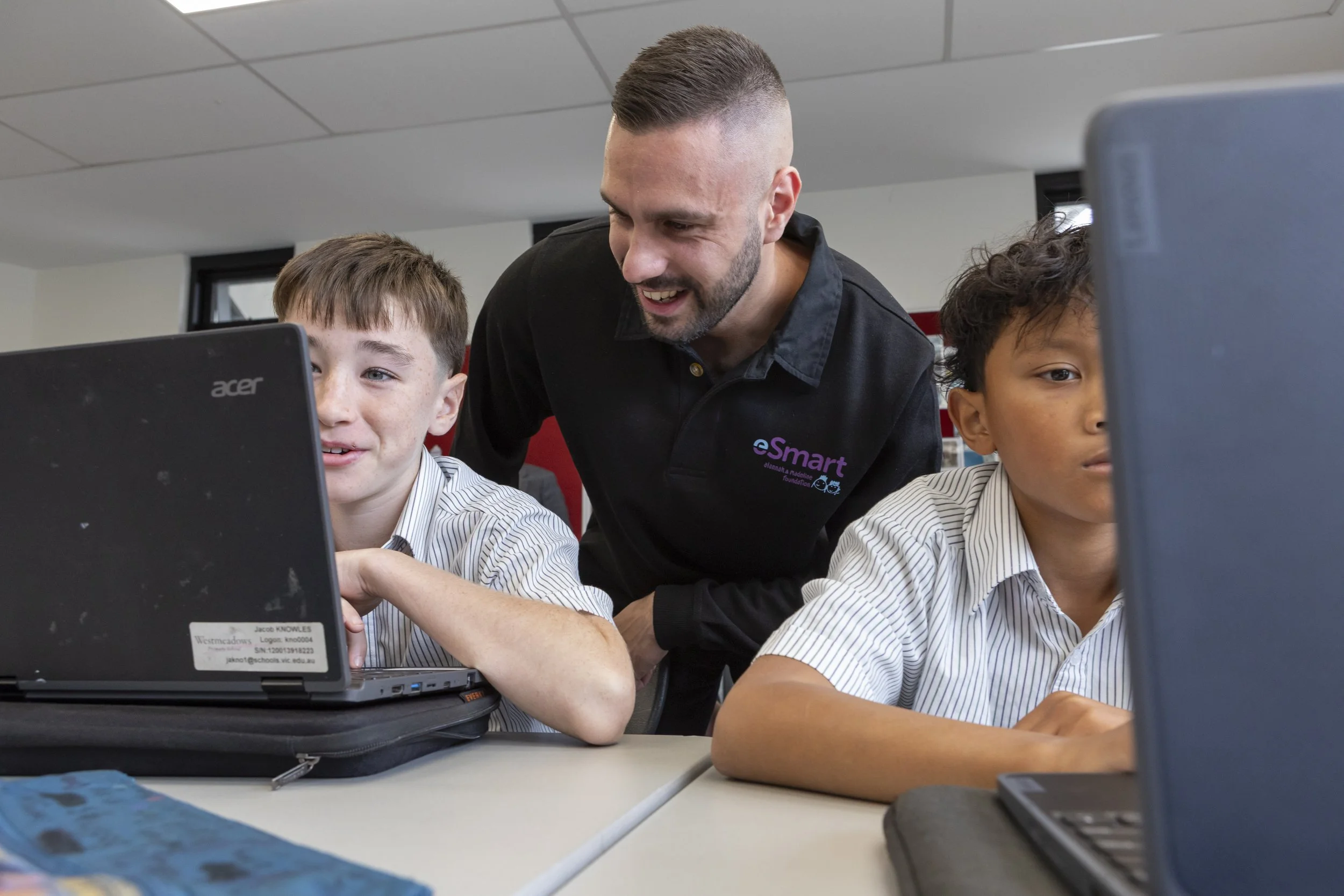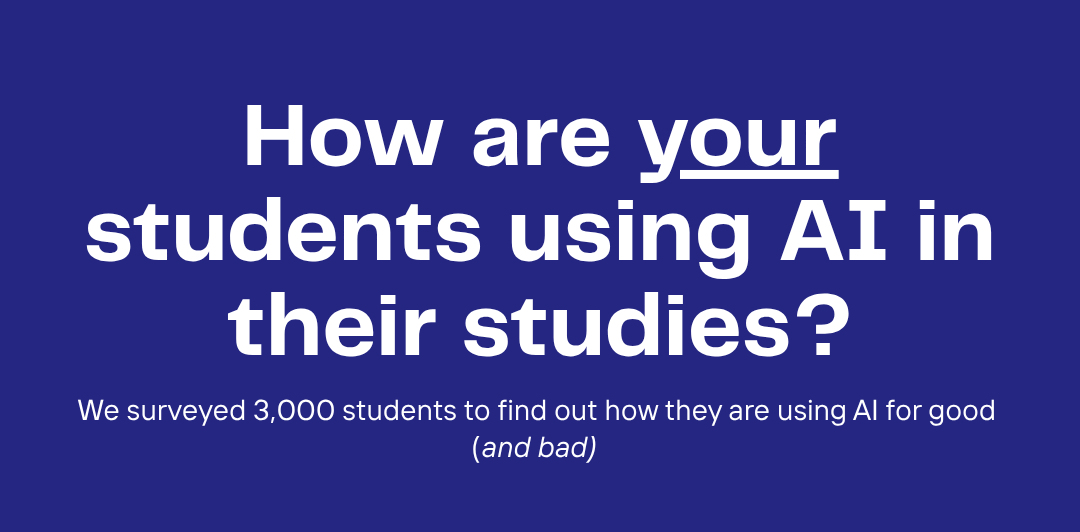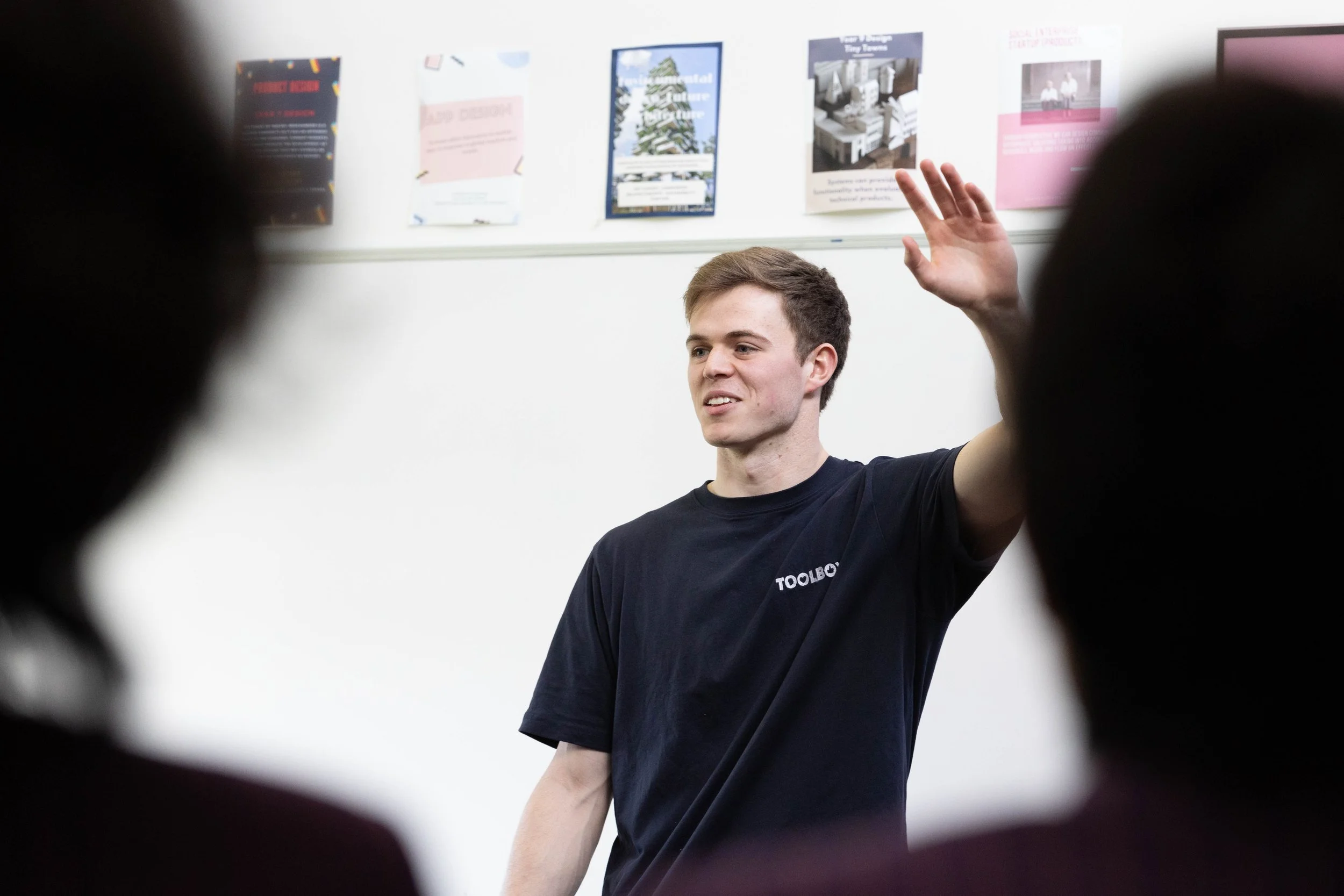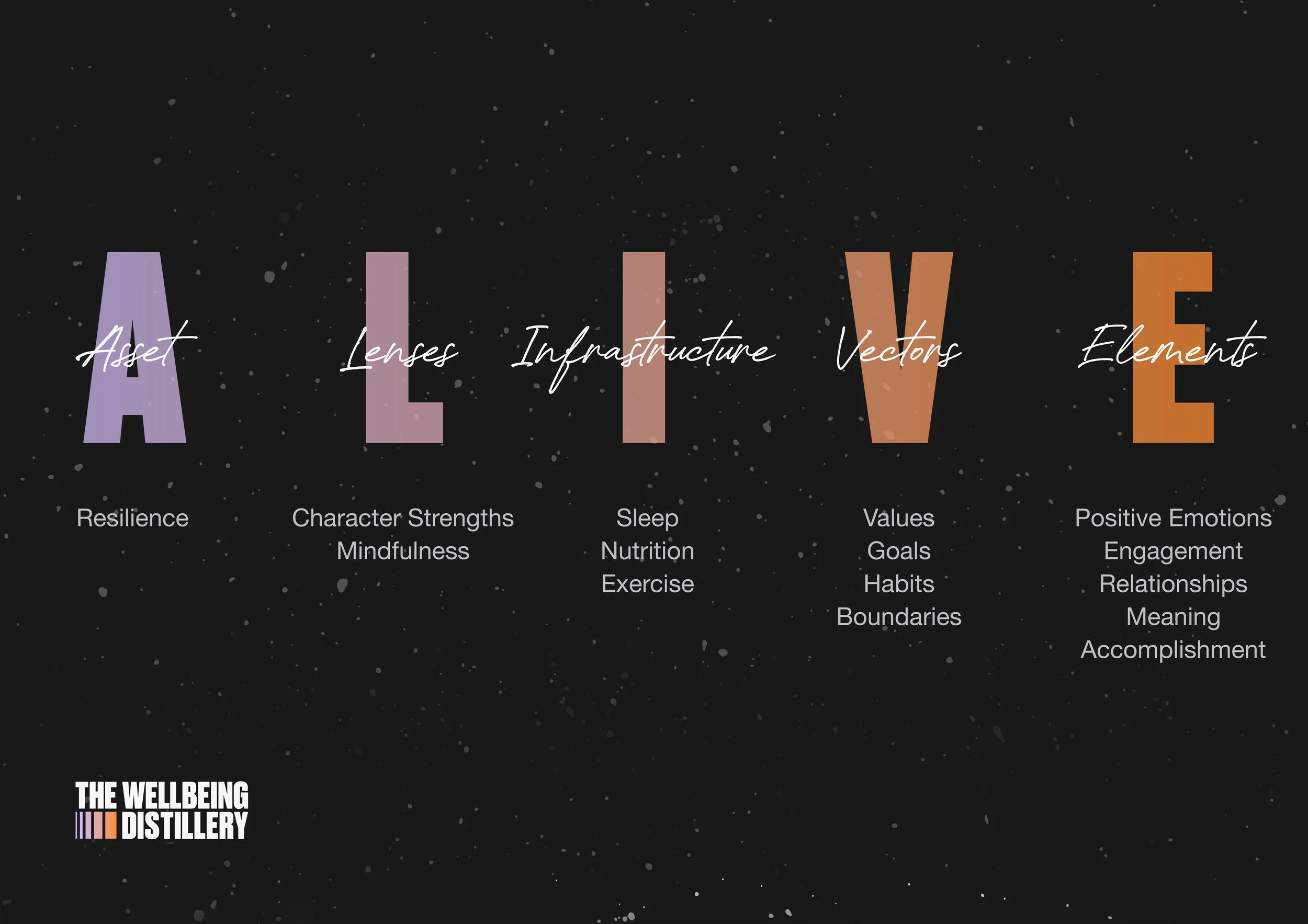SUMMIT BLOG
STAY UP TO DATE WITH THE LATEST IN THE AUSTRALIAN EDUCATION SECTOR
The National Education Summit announced a landmark partnership with the Global Joy Mission, founded by Chartered Organisational Psychologist and author Simi Rayat, to position joy as a measurable and practical driver of learning and educator wellbeing across Australian schools in 2026.
At a time when schools and educators are feeling the strain on so many fronts, one form of PD is breathing new life into teachers’ everyday practice: Quality Teaching (QT) Rounds.
By mid-term many of us feel wrung out and distracted. Attention is thin, patience is thinner, and the to-do list seems to grow arms. Most mornings, before I open my laptop, I slip into the water. I’m not a great swimmer—just an average one—but I swim a kilometre most days. It takes me about half an hour. I started for fitness, but now I realise the water gives me something far more important: it helps me flourish.
As the National Education Summit approaches, one focus feels especially timely - how we support teacher wellbeing in real, practical ways. It’s something we think about often at Furnware, because we know that when educators feel supported, everyone benefits.
Educators are driven by care, connection, commitment, and a profound sense of purpose. More than 90% say they entered teaching "to make a difference" and they want to do work that is meaningful, even when it is challenging.
This is a complex time for teachers. More and more pressure, more complex expectations and, even worse, mixed messages at times. One of the things I meet most frequently when working with schools is teachers who are confused about the role of technology in literacy teaching.
When someone mentions online-safety risks for children and young people, what do you think of? If you’re like most people, your mind probably goes straight to AI, online bullying, scams and sexual grooming. Those are all real problems, but they represent only the visible harms of digital technology – the tip of the iceberg.
The final year of school is a marathon, but for many students, the last term feels like a sprint to the finish. Year 12s are juggling SACs, revision, exams, and the pressure to perform. As teachers, you carry the weight of guiding them through it all.
Educators have long recognised that children learn best through active, sensory-rich experiences. When students can see, hear, and engage with what they are learning about, their understanding deepens and their curiosity grows.
We’ve all seen it: the “wall” in schools, separating “academics” from “wellbeing.” It feels natural, a long-standing tradition. But what if this division isn't just outdated, but actively draining the very lifeblood from our education system?
Every year, thousands of eager new teachers step into classrooms with passion, purpose, and determination. Yet, a staggering number—nearly 30-50%—leave the profession within five years.
Regardless of whether you see AI as the dawn of a new era or the beginning of academic Armageddon, one fact is undeniable: students are already using it, and they’re using it a lot.
As a school leader, I used to find Mondays tough. Even after shaking off the “Scary Sundays”, that creeping feeling that the weekend was ending and the week’s challenges were lining up, Monday mornings often felt like stepping straight into a storm. The emails, the planning, the student needs, the unexpected fires to put out… all before the first coffee had even kicked in.
Five years ago, virtual reality in education was often seen as little more than a novelty—a "carrot" for engagement or a tool for entertainment. Today, the conversation has completely changed. VR is now a powerful tool for differentiation, building student confidence, scaffolding complex topics, and encouraging deep exploration.
When I first joined Toolbox Education, what struck me wasn’t just the depth of the psychology, but it was how human it all felt. Yes, we teach mental health skills. But what makes them stick is how we deliver them and in a way that cuts through, connects, and lands with students. That’s what Toolbox is all about.
From lunchbox leftovers and classroom snacks to canteen prep and school events, food waste in schools adds up quickly. But with the right mindset and tools, it becomes something much more powerful. A catalyst for learning, behaviour change, and long-term sustainability.
Children today spend significantly less time engaged in unstructured, playful activities than previous generations. Research indicates that they now experience only half as much outdoor free playtime as children did in the 1970s (Mullan, 2019).
As a former principal, I get it. Student achievement. Data. Targets. Pressure. The relentless push to measure what matters—and sometimes, what doesn’t. But over the past few years, my focus has shifted. Through my work on teacher and principal flourishing, I’ve explored what it means to lead with purpose, protect staff well-being, and sustain school culture without burning out.
In today’s classrooms, teachers face a complex and fast-paced environment where decisions are made every few seconds. These decisions—ranging from instructional choices to behaviour management—are shaped by a mix of cognitive load, emotional state, and prior experience.
I’ve spent enough time in schools to know that behind every principal’s polished newsletter photo is someone who’s holding a lot, sometimes too much. The 2024 ACU Principal Occupational Health, Safety and Wellbeing Survey didn’t exactly sugar-coat it: school leadership is approaching a breaking point.
One of the subtler challenges in schools today is: students are researching more than ever, but often without knowing what research actually is. They know how to look things up. They’ll go to Google, ask ChatGPT, scan a few headlines or click on the first few links. These sources may even mimic authority, but they rarely invite scrutiny. And that’s the issue.
Yes, we understand what burnout is. We’ve seen it in our staffrooms. We’ve felt it in our calendars, our shoulders, and our sighs at the end of a long week. That creeping exhaustion that no long weekend can fix. The feeling of caring deeply and still wondering if it’s enough. We’re not short on effort. We’re short on air.
Exhibiting at the National Education Summit is a valuable opportunity to connect directly with passionate educators, school leaders, and education decision-makers from across the country. But standing out from the crowd and achieving long-term ROI requires a solid plan – our media partner Education Matters share their insights below.
As the demand grows for innovative, future-focused education, Hologram Zoo, developed by Axiom Holographics, is emerging as a groundbreaking tool for schools. Designed to immerse students in the world of cutting-edge technology, Hologram Zoo bridges classroom learning with real-world application—bringing STEM concepts to life in a captivating, hands-on way.
Literacy is more than just reading and writing—it’s a gateway to opportunity. In today’s fast-paced, information-rich world, core literacy skills are essential for accessing knowledge, participating fully in society, and achieving personal success.
Often when we talk about the mental health issues associated with digital technology, we focus on the extremes – sextortion, radicalisation and body dysmorphia. But behind these headline-grabbing harms lies a quieter crisis: the everyday mental strain technology places on young people.
I used to think good leadership meant carrying it all every crisis, every deadline, every difficult conversation. That’s just what leaders do, right? We steady the ship, hold space for others, and keep everything moving.
During the course of the Summit, NGS Super will be doing 5 minute power sessions at their booth, number C08, and those topics will include heading towards retirement contribution, and are you on track?
Teaching is one of the most meaningful professions in the world – and also one of the hardest. In the past few years, we’ve seen a global shift in education: from academic catch-up to collective burnout, from wellbeing rhetoric to a real need for systemic support. But too often, educator wellbeing is treated as an afterthought.


